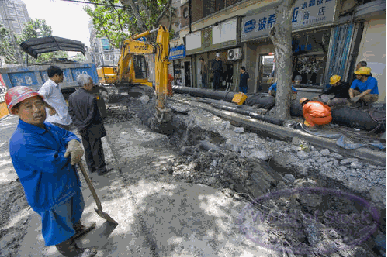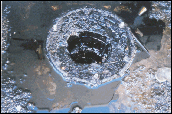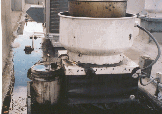|
Health Departments, Fire Marshall's, Insurance Underwriters, Landlords, Property Owners, Roofing Manufacturers, National Fire Protection Association, (NFPA) Environmental Protection Agency (EPA), OSHA, Publicly Owned Treatment Works POTW's, the National Pollution Discharge Eliminations Systems NPDES and the list goes on.
If you are in the foodservice business and have not heard the terms Best Management Practices (BMPs), Fats Oil and Grease (FOG), Storm Water Pollution Prevention Plans (SWPPP's), Rooftop Grease Contamination (RGC) Publicly Owned Treatment Works (POTW's), the National Pollution Discharge Eliminations Systems (NPDES), it's about time you did. The lexicon of grease management is spilling quickly from the world of foodservice and other industries onto rooftops and into water and sewer systems across the country, as regulatory agencies increasingly hold restaurants and the foodservice industry accountable for grease-blocked sewer spills.
Grease Control ordinances are popping up every day from, Los Angles, to Atlanta. BMP's are required to be done daily. BMP's should include source reduction efforts and good housekeeping practices that reduce water pollution sources. Regarding roofs, this means businesses are responsible for controlling the runoff of fats, oil and grease that spill onto roofs and into storm water drains. Best Management Practices include relatively simple tasks, such as identifying, collecting, trapping, and properly disposing of all FOG generated in an environment that generates grease.
Our product satisfies State and Federal Requirements including EPA's Storm Water Pollution Prevention Plans (SWPPP's), Best Management Practices (BMP's), Publicly Owned Treatment Works POTW's, the National Pollution Discharge Eliminations Systems NPDES and National Fire Protection Association NFPA 96 Standard for Ventilation Control / 7-8.2.1
|
|




